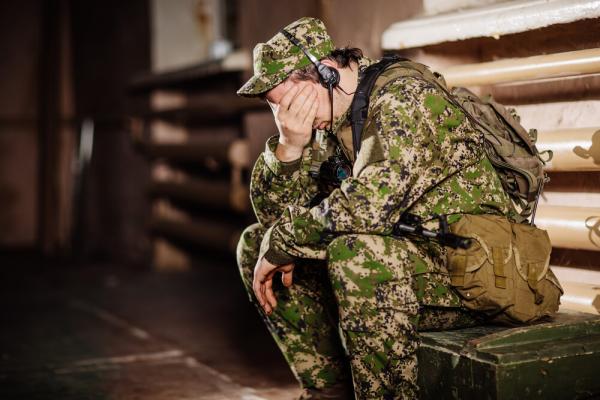May 22, 2017
If we remember the morally injured on this Memorial Day, then perhaps we should also take a moment to critically examine the values that shape our collective ideas about goodness.
Read the Full Article

Already a subscriber? Login
